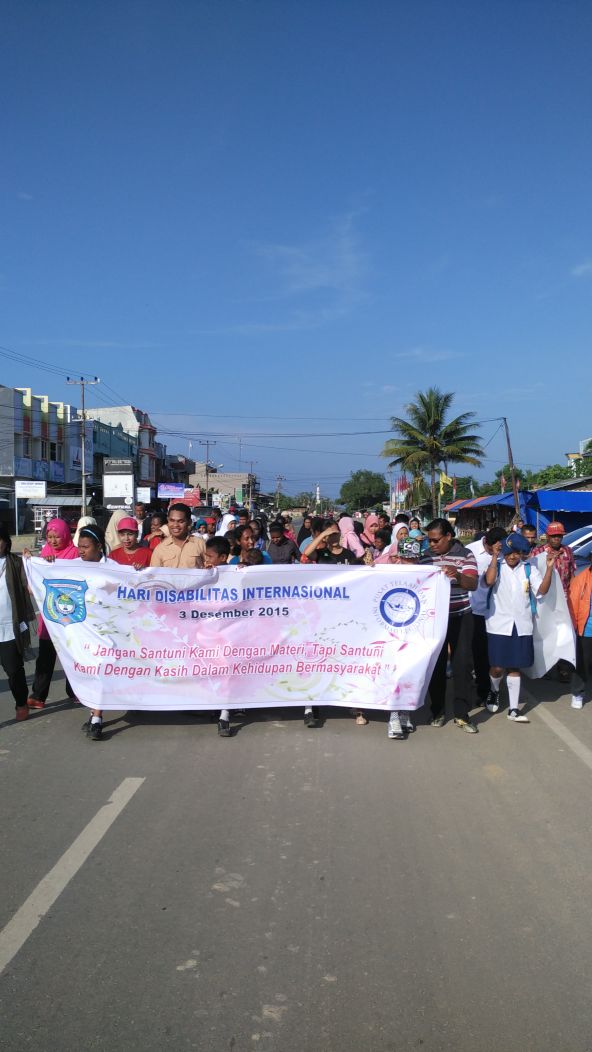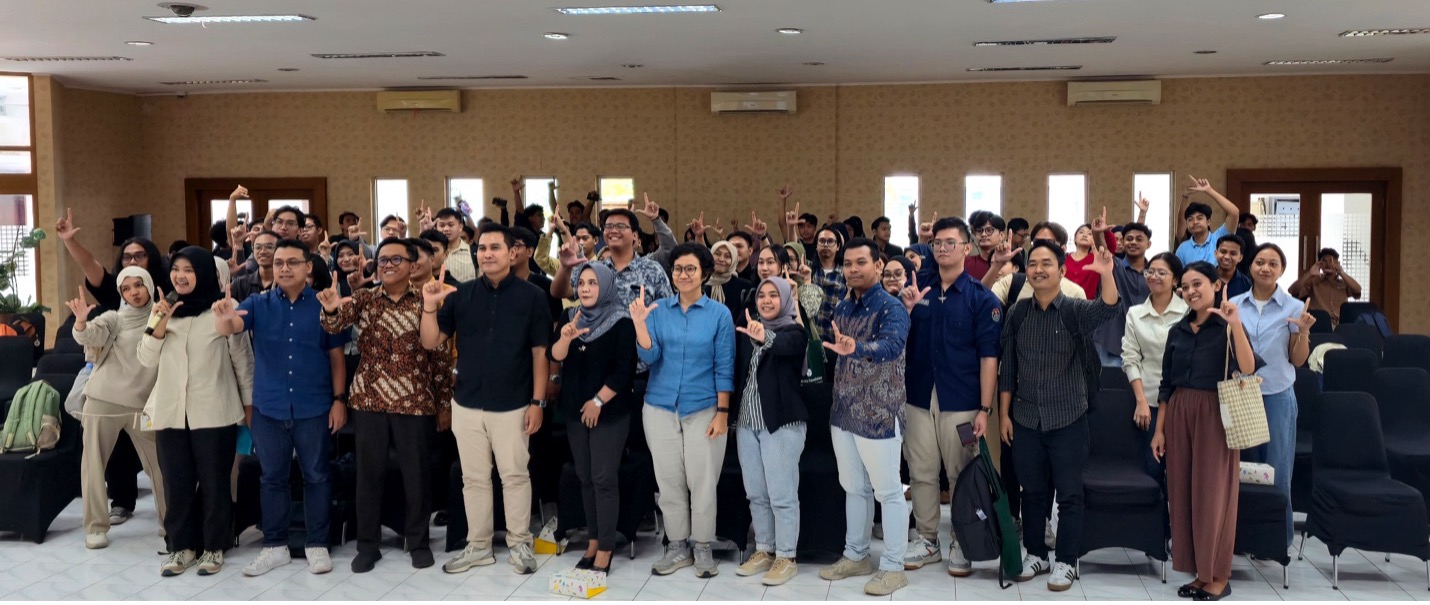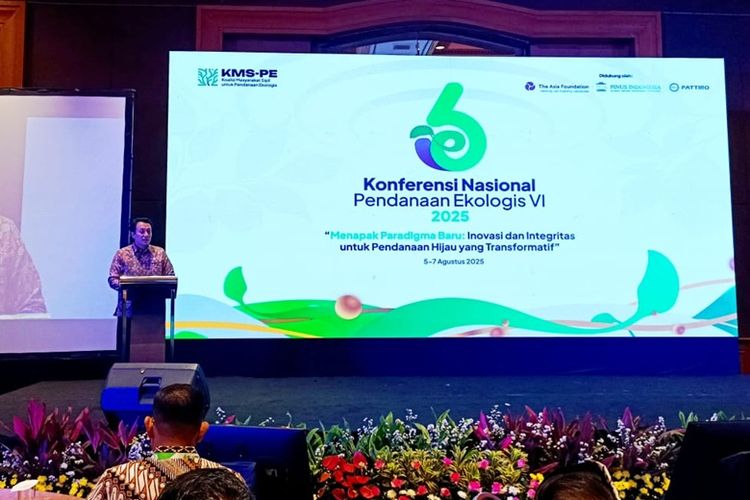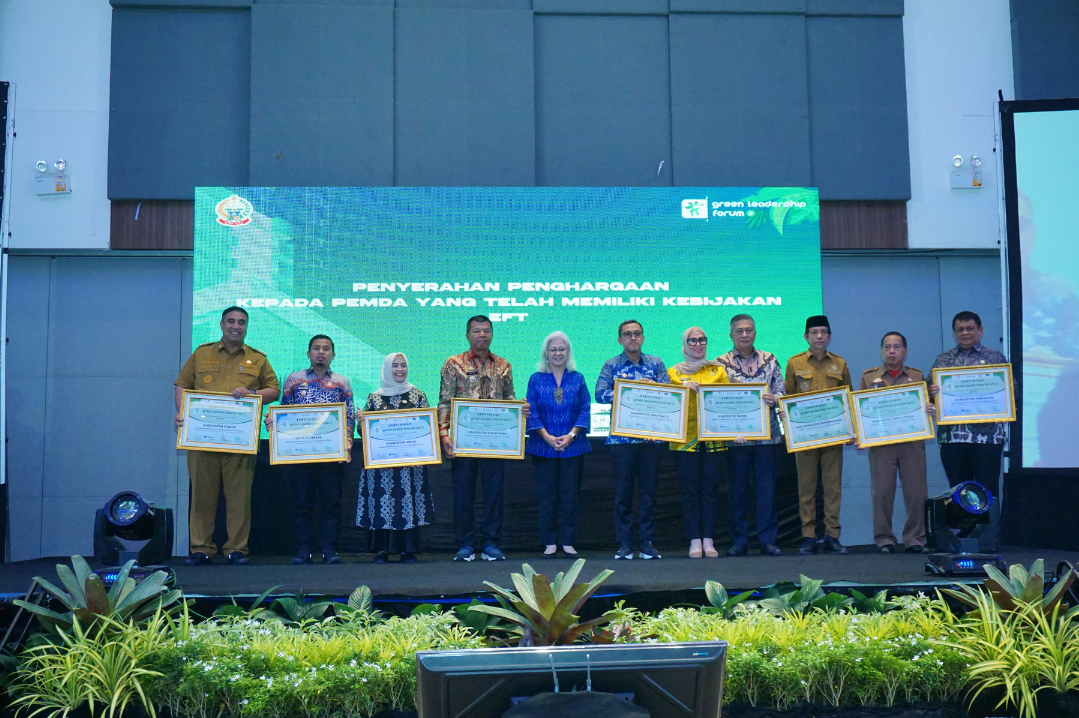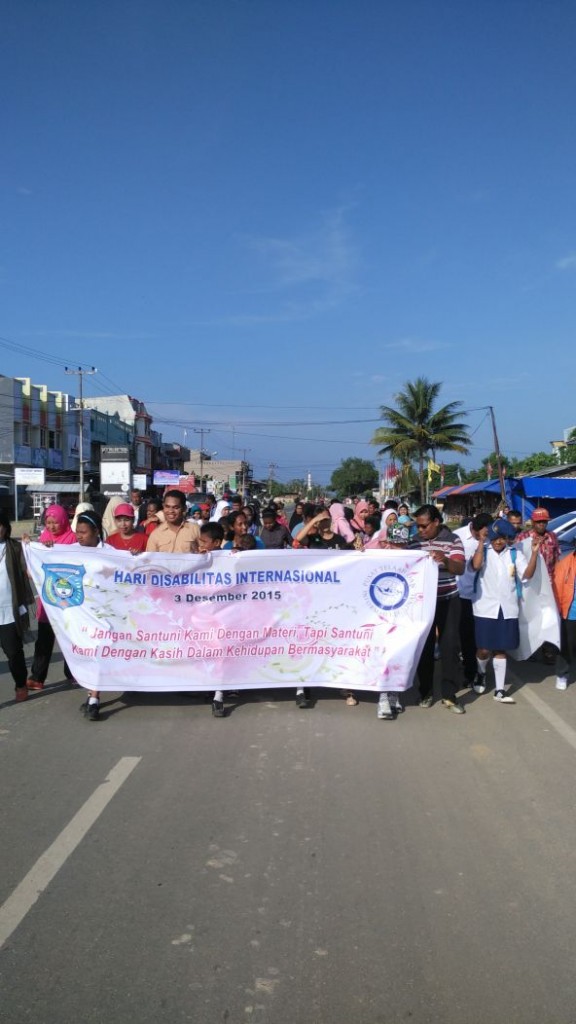 Jakarta – Every December 3, the world commemorates International Day of Persons with Disabilities. Since it was declared in 1992 by the United Nations, until now, unfortunately, people with disabilities in Indonesia are still a marginalized group.
Jakarta – Every December 3, the world commemorates International Day of Persons with Disabilities. Since it was declared in 1992 by the United Nations, until now, unfortunately, people with disabilities in Indonesia are still a marginalized group.
PATTIRO views that the DPR is still slow in discussing the Draft Law on Persons with Disabilities. “Friends with disabilities initially hoped to receive a sweet gift in the form of ratifying the Bill on Persons with Disabilities into Law at the celebration of International Day of Disabilities. “But right now the Bill on Persons with Disabilities is still in the process of formulating a problem inventory list (DIM), even though the DPR will soon enter a recess period,” said PATTIRO researcher Didik Purwondanu.
For this reason, Didik emphasized that the DPR must re-prioritize discussion of the Bill on Persons with Disabilities by including it back in the priorities of the 2016 National Legislation Program (Prolegnas).
Not only is the DPR slow, the government is still unable to fulfill the basic rights of people with disabilities. PATTIRO assesses that the efforts made by the government so far to realize equal rights and improve the welfare of people with disabilities have not been optimal. Based on the results of a short survey conducted by PATTIRO, one of which was in West Lombok Regency, West Nusa Tenggara, only 4% of 120 respondents were registered as participants in the National Health Insurance program and had a BPJS Health card.
PATTIRO Public Service Specialist Rokhmad Munawir explained that this happened because there were still many people with disabilities who did not have population administration identities such as Resident Identity Cards (KTP) and Family Cards (KK). “Only 36% of respondents have a family card and 55% have a KTP. “The absence of these documents has an impact on the large number of disabled people who are not registered in the National Health Insurance (JKN) data, especially as Contribution Assistance Participants (PBI),” said Rokhmad.
Apart from that, Rokhmad said, people with disabilities often complain about the lack of facilities and infrastructure in health facilities that can accommodate their needs, such as the availability of special lanes for wheelchairs (ramps) and special queue counters for people with disabilities. “The queue counter must be accessible. For example, the faces of health workers at the counter must be clearly visible. “This is to make it easier for deaf people to understand what the officers are saying,” he added.
Apart from health matters, the government must also pay more attention to the right of access to education for people with disabilities. In Sorong Regency, West Papua, for example, which is also a PATTIRO survey area, the education level of disabled people is still very low. Of the 90 respondents, 21 with disabilities had only graduated from elementary school (SD) and 26 others had never been to school at all.
Rokhmad explained that this happened because government-owned schools in Sorong Regency did not have facilities that could support the learning of students with disabilities, such as the availability of stationery for the blind (reglet) and textbooks with braille letters, so many people with disabilities end up withdrawing. “It would be better if this equipment is not only available in special schools, general state schools should also provide it so that there is no longer any separation between general students and students with disabilities,” concluded Rokhmad.
So that people with disabilities are more empowered, the government must not miss out on providing skills training. “The training provided will make people with disabilities more empowered and able to compete with other people in society,” explained Rokhmad. Unfortunately, so far, in both West Lombok Regency and Sorong Regency, only a small number of disabled residents have received skills training from the local Social Service – 9 people in West Lombok Regency and 2 people in Sorong Regency.
Rokhmad added that the government can start addressing this problem by collecting detailed data and sorting the data based on type of disability, age of the disabled, gender, level of education, and others. “In this way, it will be easier for the government to identify the needs of people with disabilities, as well as the problems they are facing, so that solutions to resolve these problems can be immediately sought,” he said.
This article was published in Rakyat Merdeka Online (RMOL) with the title Hari Disabilitas Internasional, PATTIRO: Masih Terlalu Banyak Masalah!

